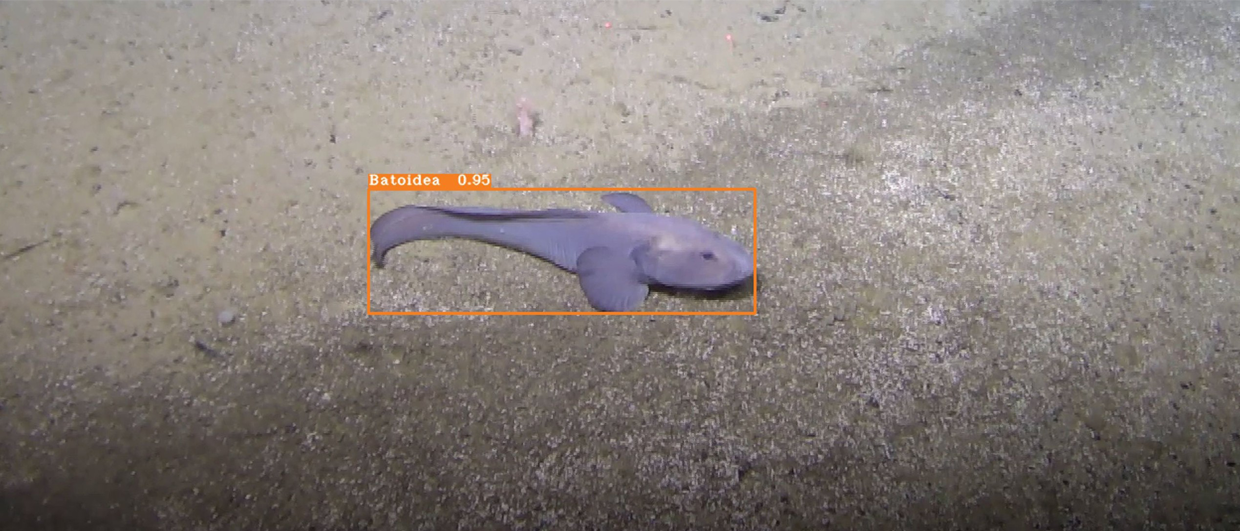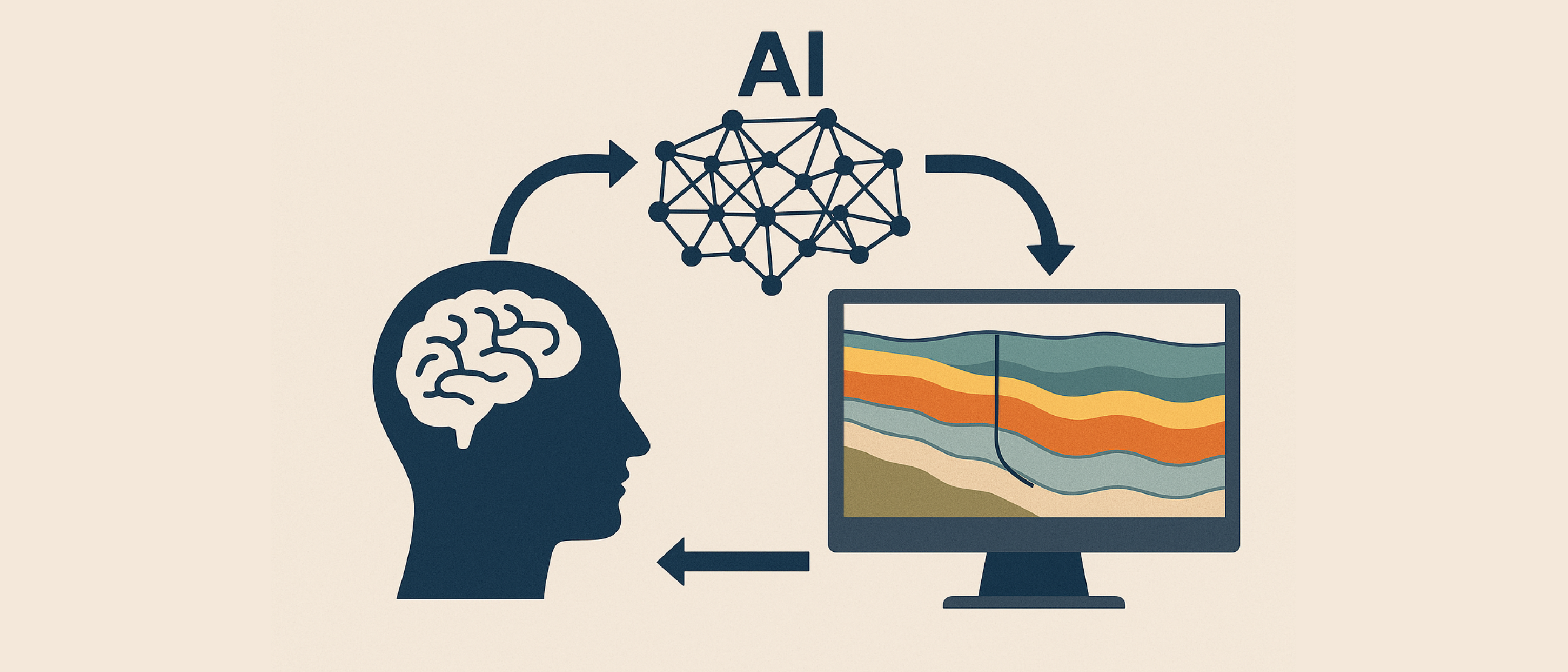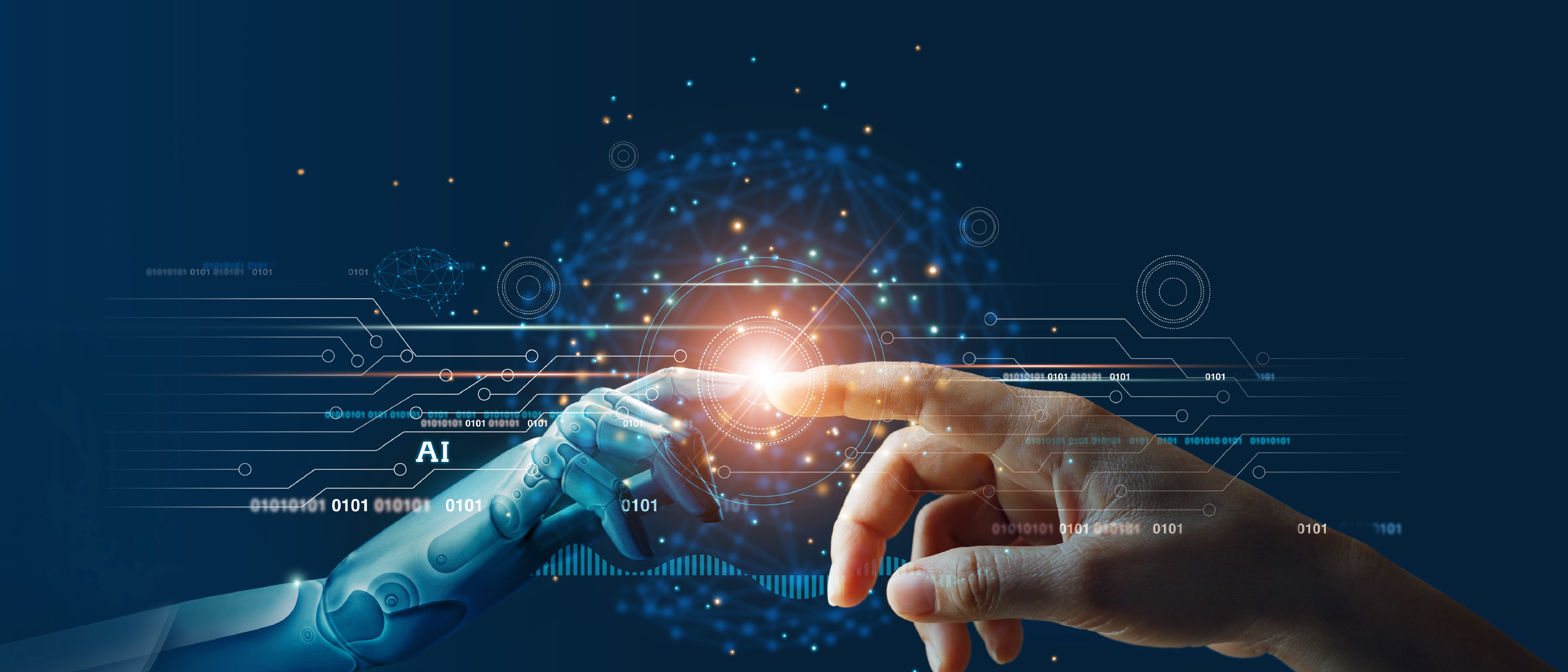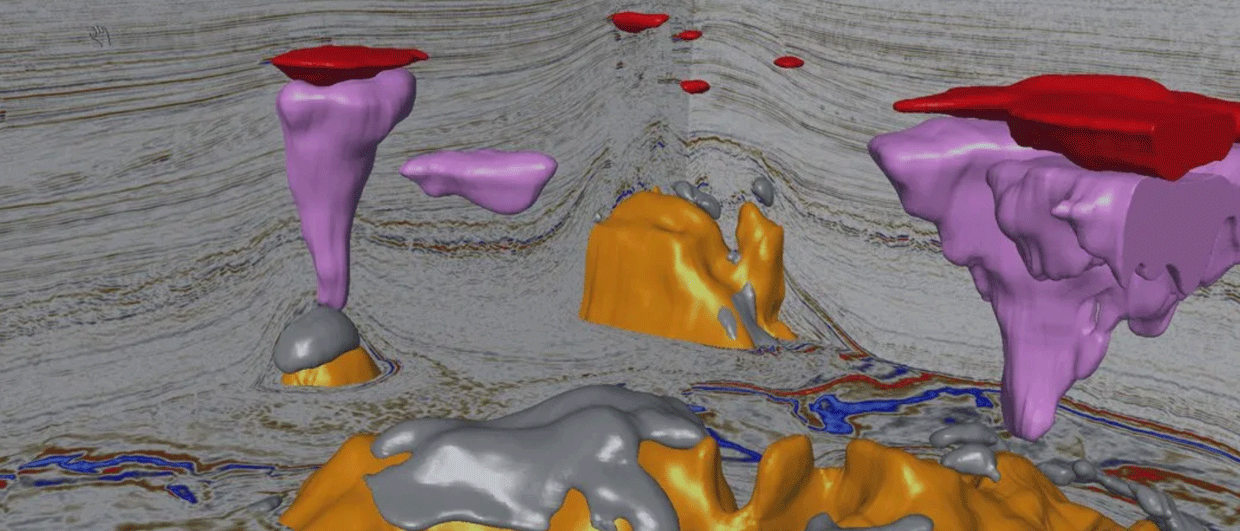Artificial intelligence (AI) and machine learning (ML) are increasingly more able to and being put to use to assist humans. And although the digitalization revolution has lagged behind in the E&P industry compared to other industries, changes are happening.
At the DigEx 2020 conference in Oslo in January, more than 30 speakers from oil and gas companies, service and data science companies and from academia gave their insights into how digitalization is changing the way they work.
One of the presenters was Jesper Dramsch, a Ph.D. candidate from the Technical University of Denmark (DTU).
The audience was paying close attention to the youngest speaker of the conference and his sobering message.
– AI will replace skilled jobs.
We have already seen many examples of machines replacing jobs that consist of simple tasks. However, as AI is increasingly evolving, machines are able to replace more complex work tasks. Recent examples, shown by Dramsch, are automatic live language translation, self-driving cars, as well as machines competing in e-sport events (computer games).
– AI is good at managing huge and complex datasets, finding relationships and connections in data, speed up computations and capturing the essence of expert knowledge. In addition, they will never leave your company with their skills and knowledge for another company, Dramsch said.
However, AI is bad in other areas, such as incorporating new knowledge, at least for the time being. It is susceptible to noise and adversarial attacks. AI does exactly what it is told, but that might differ from what it was meant to do (misunderstandings).
Dramsch also provided lists of what human are good and bad at, and based on this he gave the audience some advice on how to stay relevant in a changing workforce environment and not be replaced by machines:
- Don’t work like a machine (machines do that better)
- Understand basic code and machine learning (will be more useful than ever in the future)
- Be more empathic and reign in the ego (machines lack a sense of ethics)
- Share knowledge and build a portfolio (teaching and transferring of knowledge between field are something human are good at)
- Develop systems understanding (understand the connections)
- Blame-less post mortems (organizations grow by addressing errors, not by blaming)
- Be more human(e) (working well with other experts is more important than ever)
TEXT: RONNY SETSÅ




